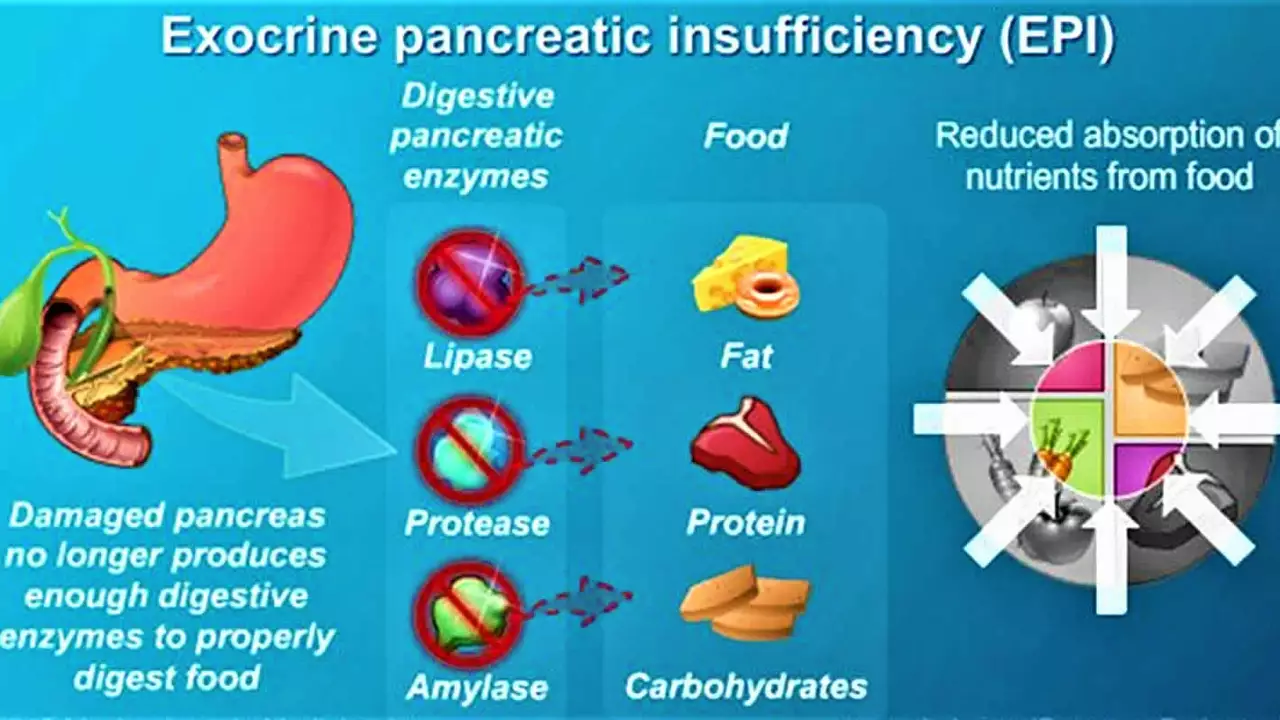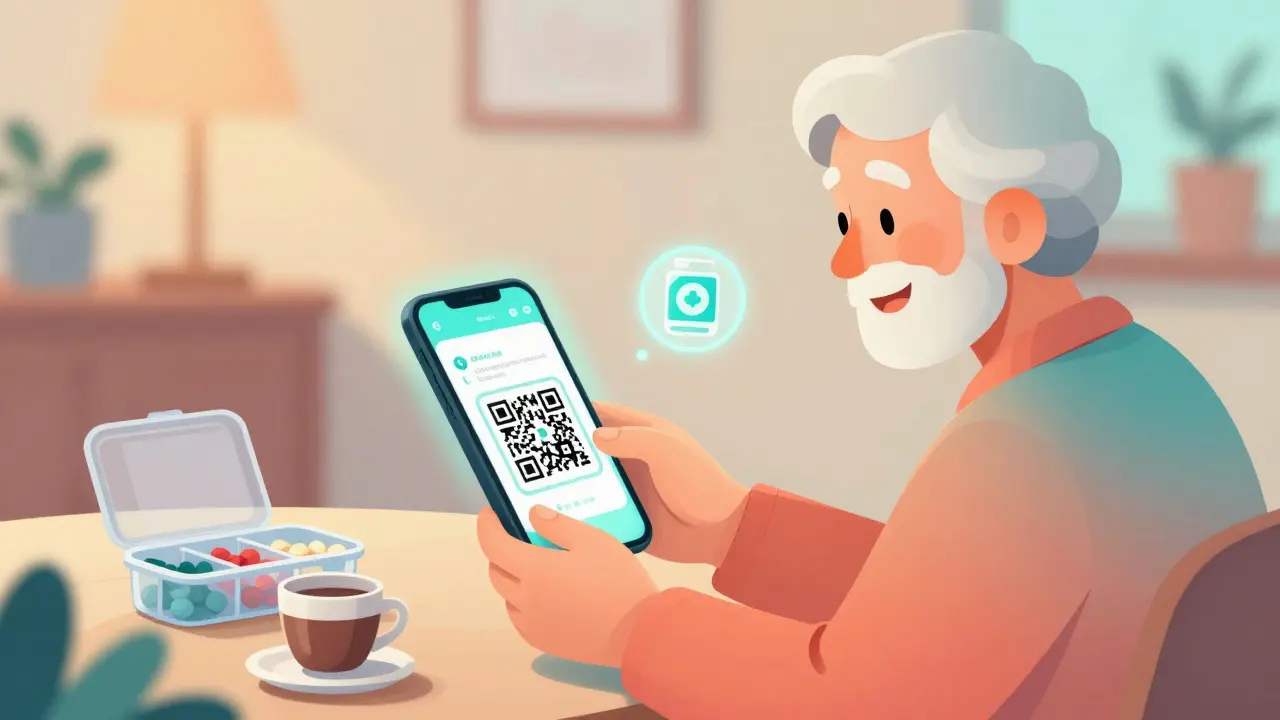Prevention: Practical Steps to Avoid Medication Risks and Stay Healthy
Prevention isn’t a slogan — it’s a set of small actions that stop problems before they start. Whether you’re buying meds online, dealing with chronic symptoms, or recovering from surgery, a few practical moves cut risk and save time, money, and stress.
Safe medication buying and use
Buying meds online can be convenient, but it’s where mistakes happen fast. Check for a working pharmacy address, real pharmacist contact info, and clear prescription requirements. If a site sells prescription-only drugs without asking for a prescription, walk away. Keep receipts and compare prices with known sources — a huge discount often hides low-quality or fake products.
When you start a new drug, write down the name, dose, when you take it, and why. Take a photo of the pill or packaging and show it to your local pharmacist if something looks off. Always ask about common side effects and which ones need immediate attention. If you’re on more than one medication, request a drug-interaction check from any pharmacist or your doctor.
Preventing side effects and complications
Small habits cut side effects. Take stomach-upset medicines with food if the label suggests it. Monitor blood pressure, mood, and sleep for the first few weeks on a new drug and keep a simple daily note: dose, effect, any odd symptoms. If something worries you, call your prescriber — don’t wait until it gets worse.
After surgery, follow wound and eye-care instructions exactly. For instance, to lower the chance of blepharitis after eye procedures, keep eyelids clean with gentle wipes, avoid rubbing, and report redness or unusual discharge quickly. Early treatment prevents long-term issues.
Think ahead about antibiotic use. Ask if an antibiotic is necessary for your condition and for clear instructions on duration. Short, incomplete courses and unnecessary antibiotics drive resistance — that makes future infections harder to treat. If an alternative antibiotic was suggested in an article you read, check with your clinician first; the wrong choice raises risk, not helps.
For chronic conditions like asthma, migraines, or mood disorders, prevention includes both medicine and lifestyle. Keep rescue inhalers where you actually live and travel, track migraine triggers (sleep, caffeine, stress), and maintain routines the moment symptoms shift. Non-drug options — breathing exercises, sleep hygiene, consistent meals — often lower the dose or frequency you need.
Finally, talk openly with your healthcare team. Bring a current medication list to every visit, ask direct questions, and set simple goals: fewer side effects, fewer ER visits, better sleep. Prevention is a team effort — and the best results come from small, steady steps you can keep doing.








